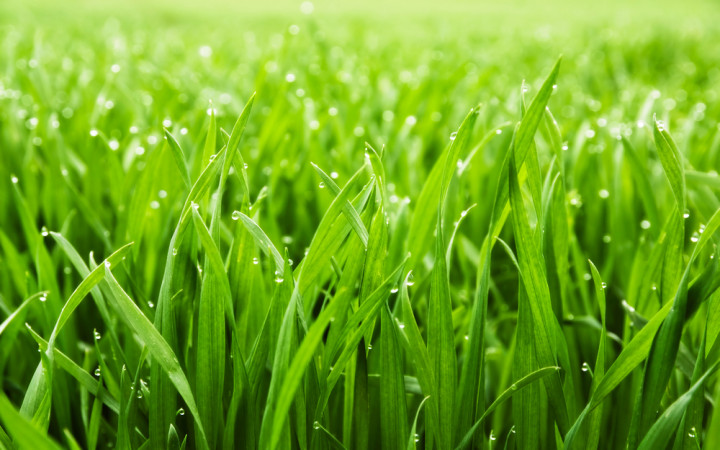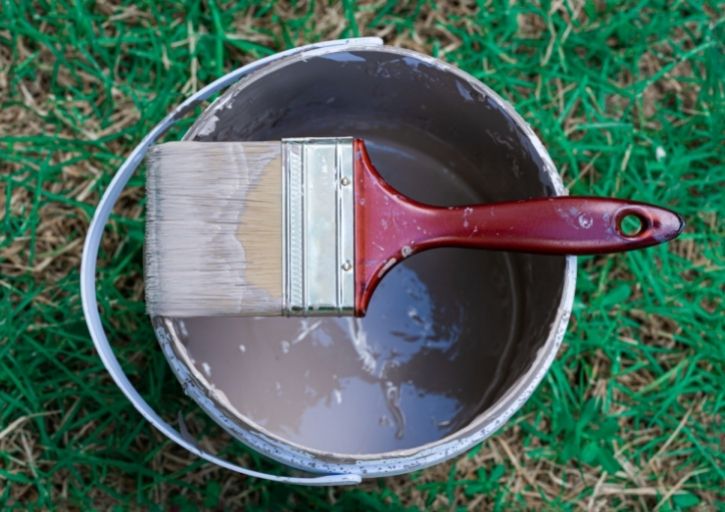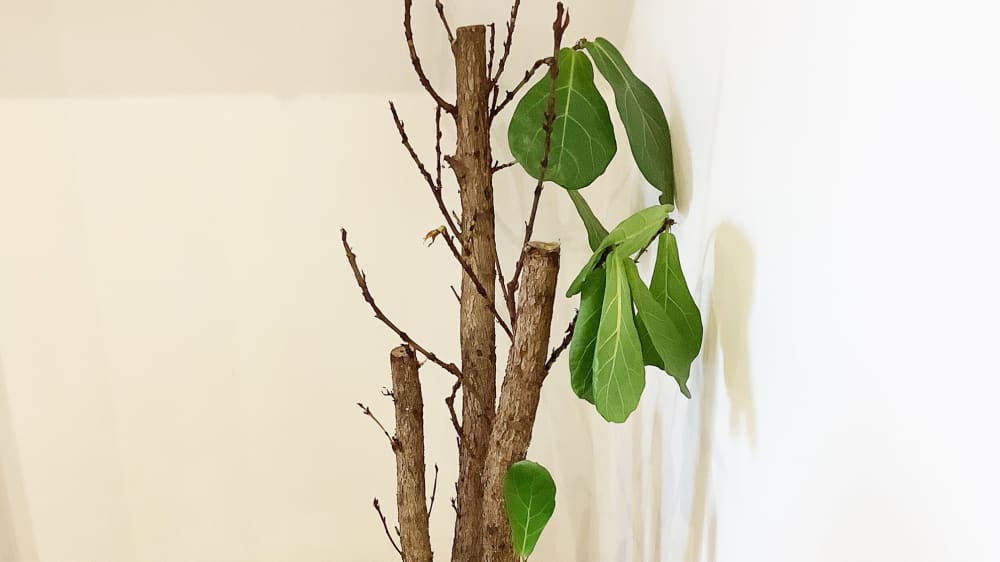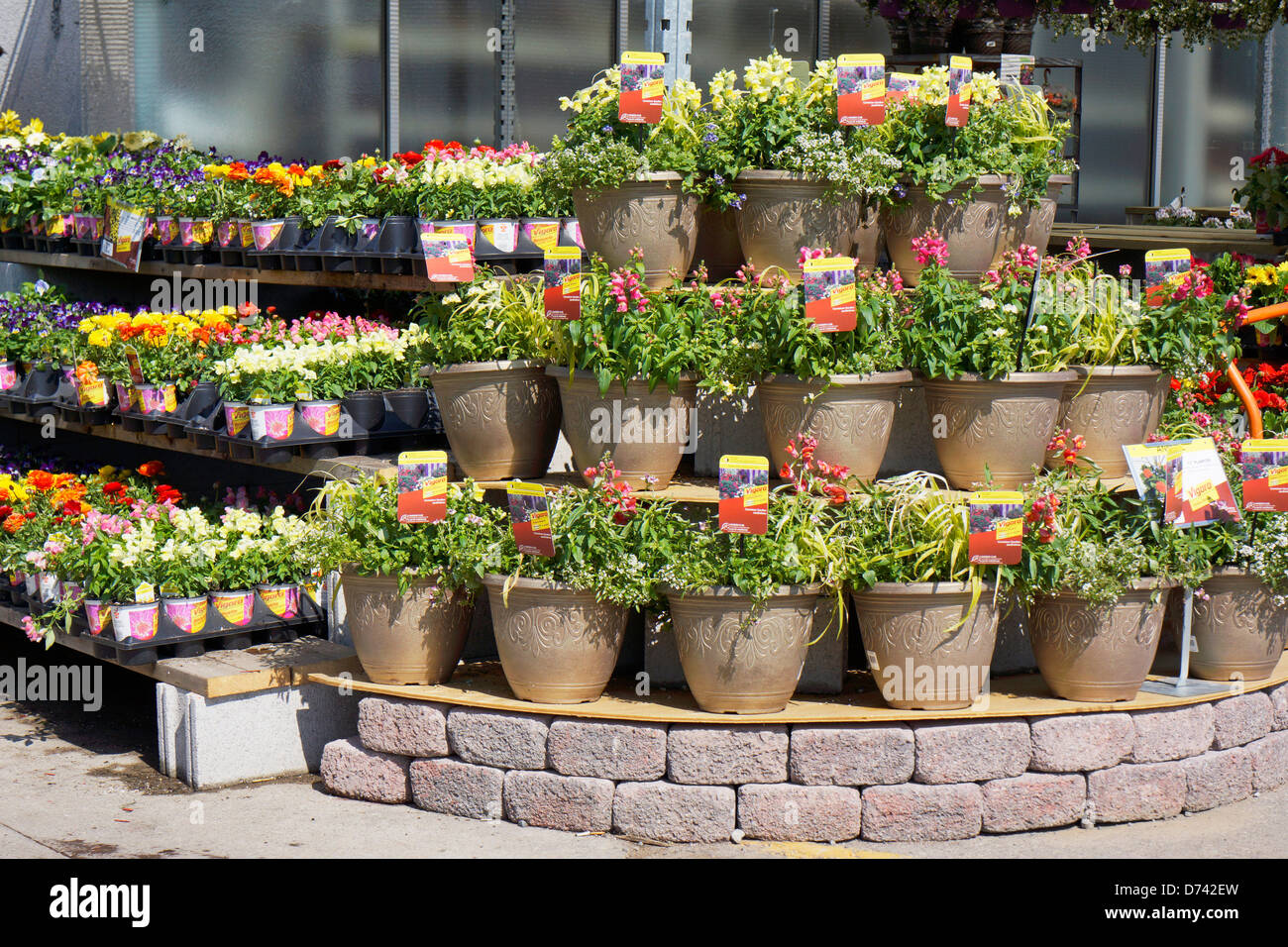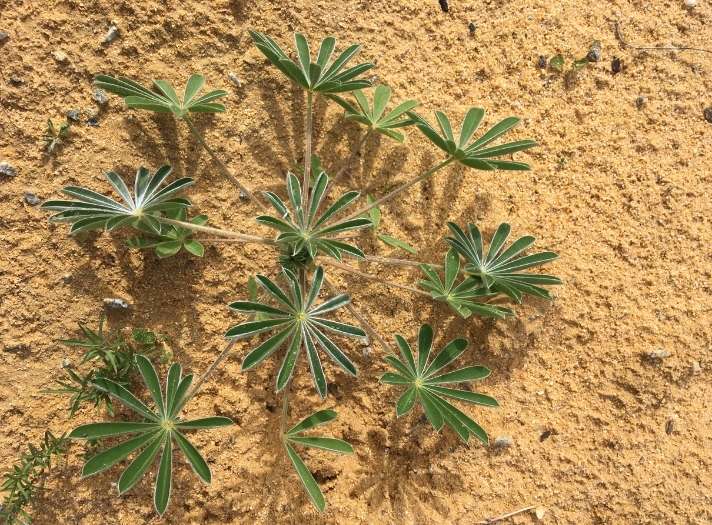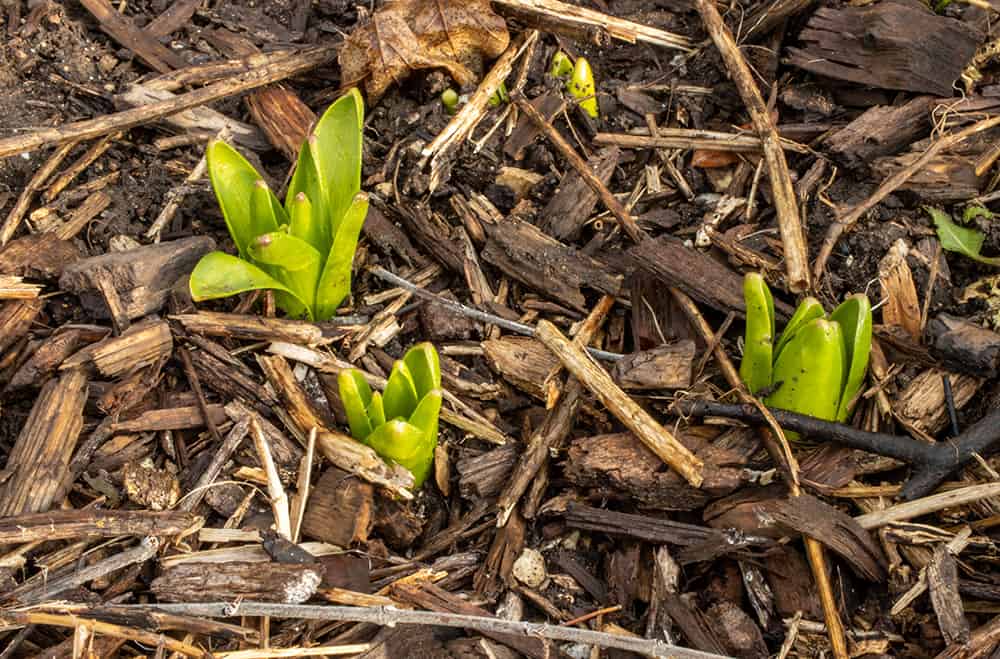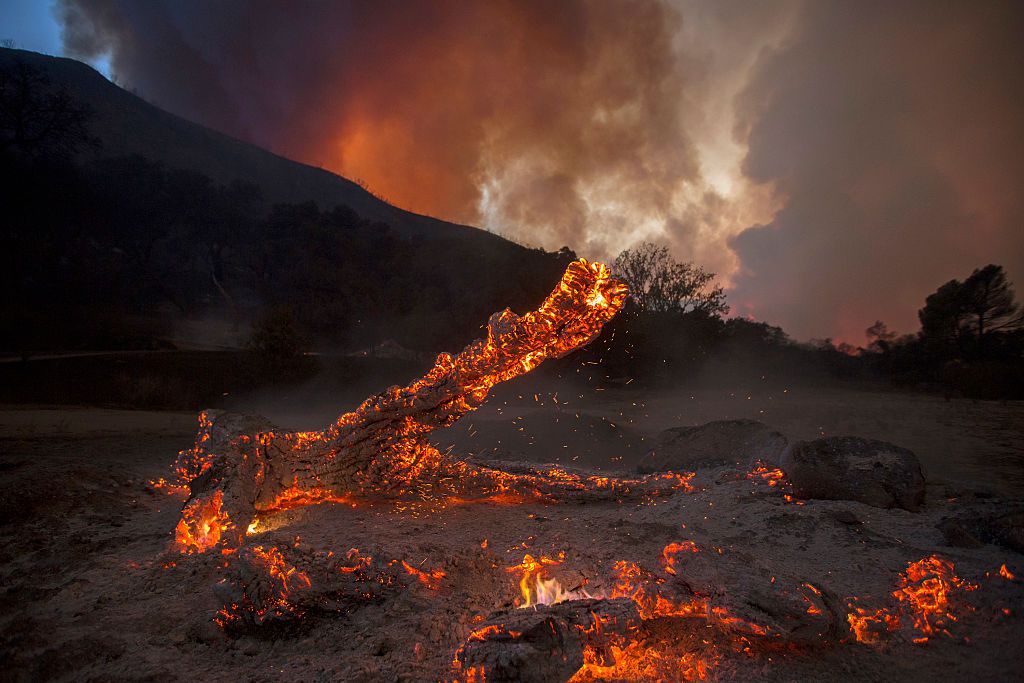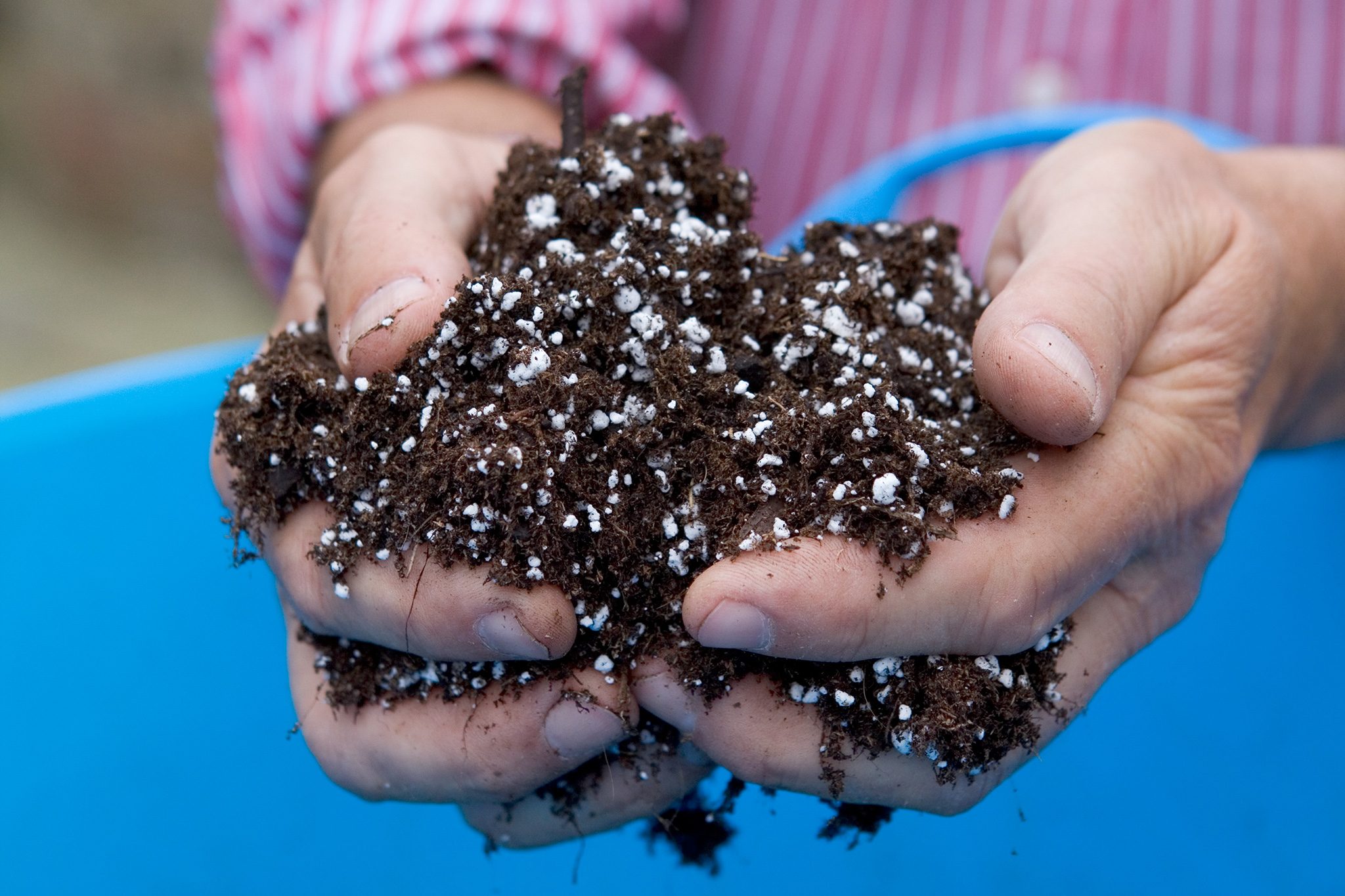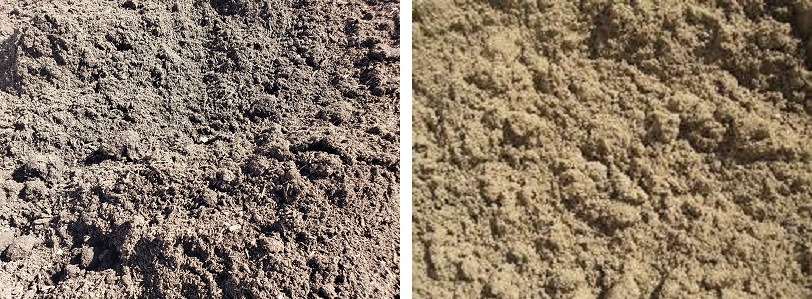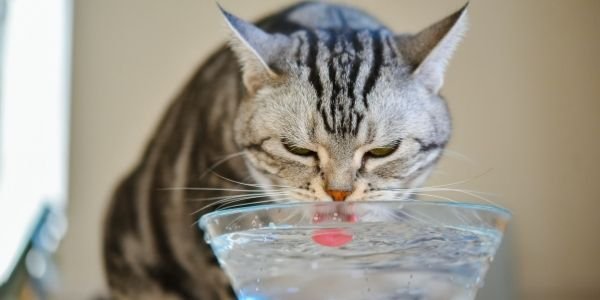Can Morning Dew be Enough to Water Plants? Here’s How
When it comes to giving plants more hydration and easing the stress that comes with drought conditions, dew can be helpful. Plants can be given dew as a source of moisture by leaving them outside during the night and into the morning. Water vapor condenses on leaves, some of which falls to the ground and …

